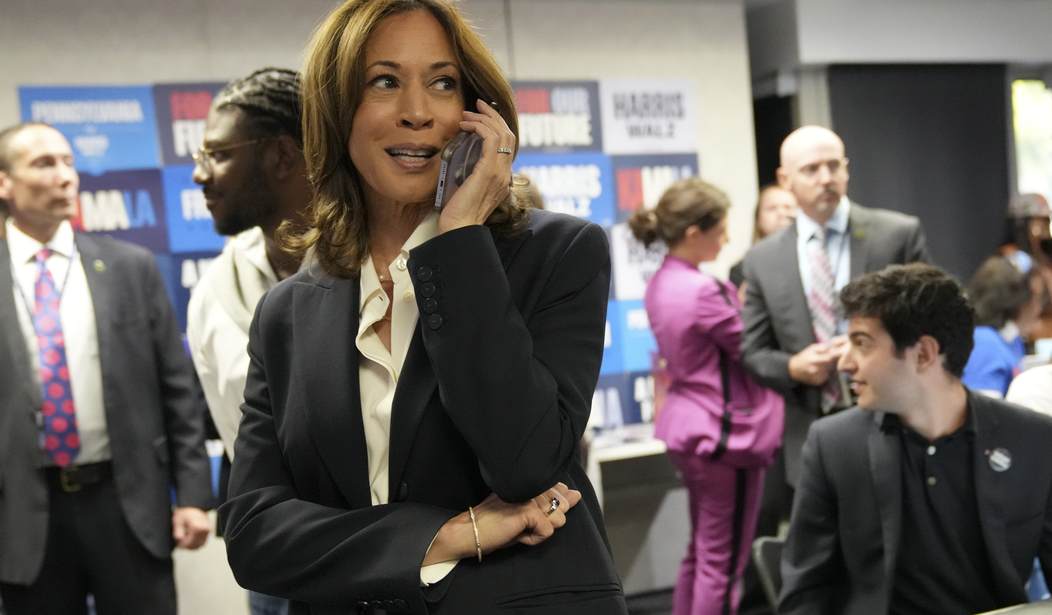In a landmark decision that has shaken the nation, a military appeals court has upheld plea deals for Khalid Sheikh Mohammed and two co-defendants accused of orchestrating the September 11 attacks. This decision challenges Defense Secretary Lloyd Austin’s earlier attempt to invalidate the agreements, as confirmed by an anonymous U.S. official.
The plea deals, reached after two years of intensive negotiations between prosecutors and defense attorneys, represent an effort to resolve the decades-long legal quagmire surrounding the 9/11 case. Under the agreements, the accused—who include Mohammed, the alleged mastermind of the attacks—admitted guilt in exchange for escaping the death penalty. The September 11 attacks, which took nearly 3,000 lives, sparked the U.S.-led invasions of Afghanistan and Iraq and reshaped global geopolitics.
Anchored In Oklahoma
For over a decade, the legal proceedings involving Mohammed, Walid bin Attash, and Mustafa al-Hawsawi have been mired in controversy and procedural delays. A major sticking point has been the issue of torture during their CIA detention, which defense attorneys argue taints key evidence and jeopardizes the prosecution’s case.
In the summer of 2023, plea agreements were proposed as a way to resolve the case without further delays. Proponents hailed the deals as a pragmatic solution to a legal process riddled with evidentiary and procedural obstacles. However, just days after the announcement, Defense Secretary Austin intervened, citing the enormity of the attacks and their impact as grounds for his disapproval. Austin argued that the ultimate decision on whether to spare the accused from execution should rest with him as defense secretary.
Defense attorneys countered by asserting that Austin’s actions constituted unlawful interference. Their argument prevailed when Air Force Col. Matthew McCall, the military judge overseeing the case, ruled that Austin lacked the authority to nullify the plea agreements. The Pentagon subsequently appealed to the military’s appellate court, leading to this week’s ruling.
On Monday, the military appeals court upheld Judge McCall’s decision, effectively reinstating the plea deals. The ruling reignited debates about how America handles its most high-profile terrorism cases. While the Pentagon has not issued an official response, Austin now faces the decision of whether to escalate the matter to the U.S. Court of Appeals for the District of Columbia Circuit.
This court ruling also comes at a time when the Biden administration is actively working to address the future of detainees at Guantanamo Bay. Among recent developments, Ridah bin Saleh al-Yazidi, a Tunisian detainee held for over two decades without charges, was recently repatriated. His release highlights ongoing efforts to shrink the detainee population at Guantanamo, which once housed 700 prisoners but now holds only 26.
Of these 26 detainees, 14 have been cleared for transfer but remain at the facility due to the lack of host countries willing to accept them. Seven others, including Mohammed and his co-defendants, face active legal cases, while two have been convicted. The transfer of al-Yazidi, facilitated through coordination between U.S. and Tunisian authorities, underscores the administration’s focus on responsibly managing the legacy of Guantanamo.
The court’s decision to uphold the plea deals has sparked polarized reactions. Advocates of the agreements argue that they offer a realistic resolution to a deeply flawed legal process and bring closure to victims’ families. They emphasize the logistical and ethical challenges of securing death sentences in cases involving evidence obtained through torture.
Critics, however, view the deals as a miscarriage of justice that fails to hold the perpetrators fully accountable for one of the most devastating terrorist attacks in American history. For many, the prospect of Mohammed and his co-defendants escaping the death penalty is deeply unsettling.
This ruling highlights the intricate challenges of balancing justice, national security, and the rule of law in post-9/11 America. While some see the plea deals as a necessary compromise to move forward, others consider them a troubling precedent in the pursuit of accountability for heinous crimes.
As the Pentagon weighs its next steps, the case underscores the enduring impact of September 11 on America’s legal and moral landscape. For now, the reinstatement of the plea deals ensures that the 9/11 case remains a focal point of national debate, symbolizing the complexities of seeking justice in a post-9/11 world.



It would be nice to hear that these individuals have been reading the Bible all these years, and have come to know Jesus as Lord and Savior will will they return to their life of crime and cause us more hurt?
Kill the terrorist mother fuckers.
What a sorry system of justice we have gotten down to.
Not that I agree with what the idiot in the white house did but those criminals were going to die of old age on death row anyway.